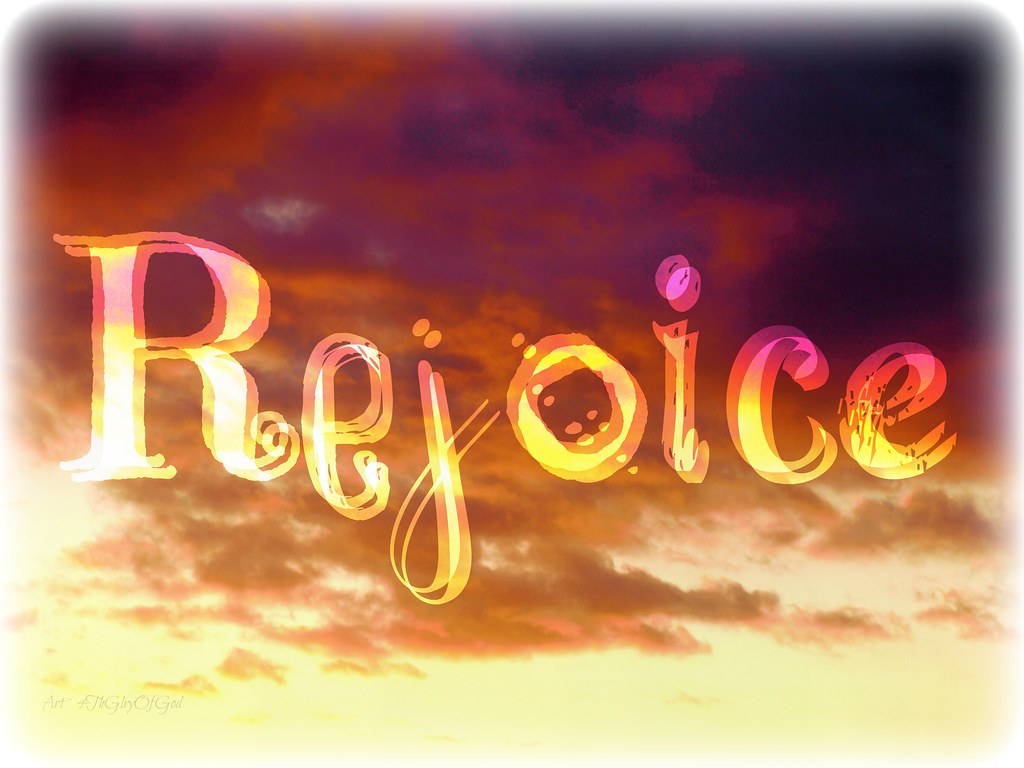
In Genesis chapter one when Elohim created the sun and moon, he called the former “the greater light” and the latter “the lesser light” (Gen 1:14–18). The former rules the day and the lesser rules the night.
Then Elohim said, “Let there be lights in the firmament of the heavens to divide the day from the night; and let them be for signs and seasons [Heb. moedim], and for days and years; and let them be for lights in the firmament of the heavens to give light on the earth”; and it was so. Then Elohim made two great lights: the greater light to rule the day, and the lesser light to rule the night. He made the stars also. Elohim set them in the firmament of the heavens to give light on the earth, and to rule over the day and over the night, and to divide the light from the darkness. And Elohim saw that it was good.
When these verses are viewed from the drash or third level of biblical interpretation, we soon discover a surprising prophetic and allegorical revelation about the divinely intended role of Yeshua and the saints in the world.
Let us first understand the spiritual significances of the key figures in our Genesis chapter one passage. The sun in Genesis 1:16 symbolically and prophetically represents Yeshua the Messiah, who the Bible later reveals is the Light of the world (John 1:6–9; 8:12; 9:5) or the Sun of Righteousness (Mal 4:2). That is to say, spiritually speaking, he is Greater Light of Genesis 1:16 to show man the path of spiritual light in the darkness of this world. As the sun was created in the fourth day, so Yeshua the Messiah came into this world in the fourth millennia of man’s existence on earth.
The moon or lesser light (Gen 1:16), on the other hand, represents the saints, who are like the moon or the lesser light, and whose divine mission it is to reflect the light of the sun or the Greater Light of Yeshua the Messiah into the darkness of this world. In other words, Yeshua shines his spiritual light onto his disciples who then take that light and evangelize those people who are lost in spiritual darkness of this world with the message of the gospel. This is the great commission (Matt 28:18–20; Mark 16:15–18)!
Now let us go to the next level in this discussion. In Genesis 1:14 we find an oblique reference to the YHVH’s Leviticus 23 biblical feasts in the word “season,” which is the Hebrew word moedim meaning “appointed times.” This same word is used in Leviticus 23:2 where it is translated as “feasts.” According to the Bible, together the sun and moon interact to determine the biblical calendar. The sun determines the length of the year, while the moon determines months. This is the case with our modern calendar. The solar year is 365.25 days while months are approximately 30 days. Both of these calculations are based on the solar and lunar cycles. In the Bible, the biblical feasts are calculated based on the lunations of the moon. The greater light and lesser lights of Genesis 1:16 as astral timepieces determine the length of the year and month respectively, and this in turn determines the timing of YHVH’s biblical feasts.
Moreover, YHVH’s seven Leviticus 23 biblical holidays chronologically lay out YHVH’s seven step plan of salvation to show man the way to Yeshua who is the Greater Spiritual Light as represented by the sun. The feasts are like a gospel tract or sermon which outline the step-by-step gospel message of salvation. The saints have been tasked as the lesser light to reflect the message of salvation through Yeshua the Greater Light into the darkness of this world through their adherence to the biblical feasts. This is one reason why the moon—the lesser light—is so pivotal to YHVH’s calendar and feasts.
Currently, many false Torah and Hebrew roots teachers have recently risen up who are promoting so-called alternative, non-biblical calendars (e.g., the vernal equinox calendar, the rabbinic or Hillel II calendar, the Zadok/Enoch calendar and the like) that relegate the moon to irrelevance when determining the timing of YHVH’s biblical feasts. These false teachers have jumped the rails by ignoring biblical spiritual and prophetic patterns as they lead YHVH’s people, to their shame and ultimate judgment, down aberrant spiritual path. YHVH will hold them accountable for perverting his truth and leading his people astray!
For example, the traditional calendar currently used by the non-believing, rabbinic Jews, while claiming to be lunar based, is off; it is not in accordance with the moon though the Jews erroneously purport it to be. At the same time, these same rabbinic Jews are not bringing the gospel message of Yeshua to the world; rather, they are promoting the doctrines of men and men’s traditions. Error always begets more error. Their whole message is askew and fails to reflect the Greater Light of Yeshua the Messiah.
Similarly, while the mainstream church attempts to preach the gospel, without an understanding of the moon, YHVH’s feasts and his biblical calendar, the gospel message they preach is only a partial one and is also off spiritually. Therefore, they are not transmitting the full light of Yeshua into the darkness of this world.
It is time for both Jewish and Christian leaders along with their more Hebraic or Messianic and pro-Torah minded counterparts to return to the rails of biblical truth by observing why, how and when YHVH intended his feasts to be observed as outlined in Genesis chapter one, Leviticus chapter 23 and elsewhere from one end of the Bible to the other. May YHVH bless the Bible teachers who have not jumped the rails of biblical truth but are leading the saints down the right track. On the other hand, YHVH Elohim will judge those who are teaching doctrines of men by which his Word has been made of none effect!





